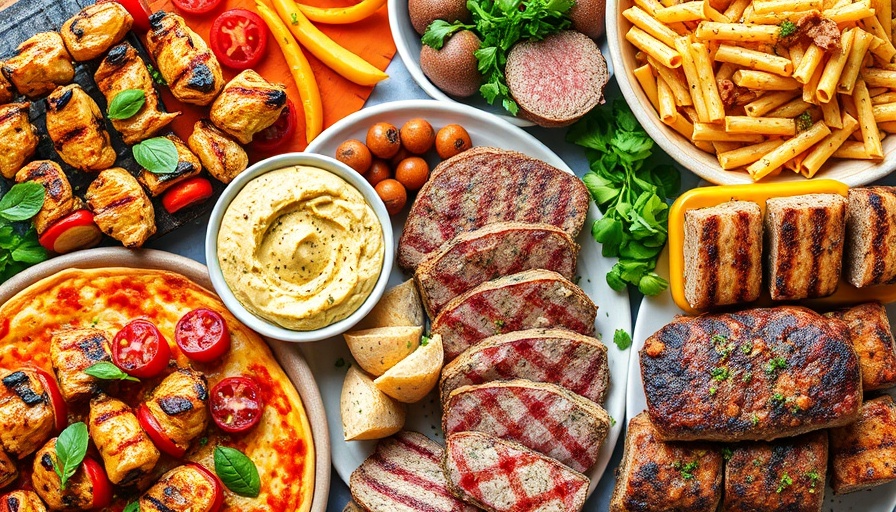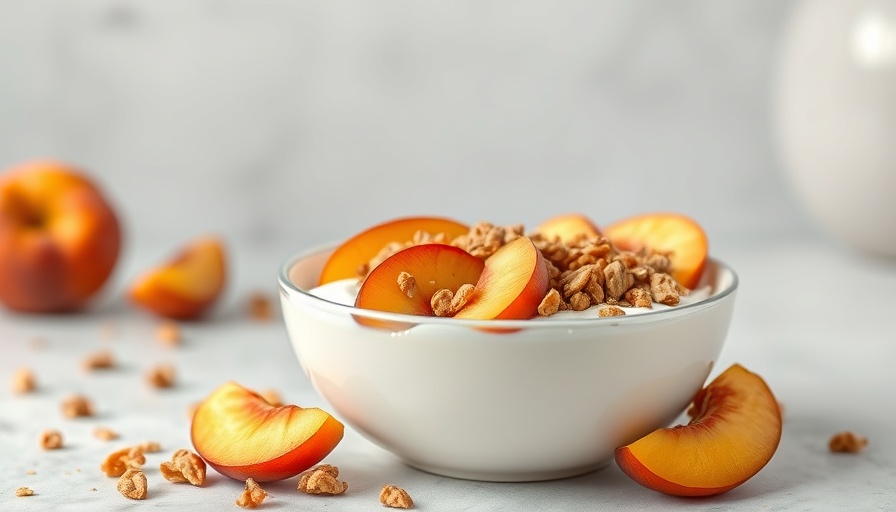
The Benefits of a High-Protein Diet for Weight Management
In recent years, high-protein diets have gained immense popularity, especially among those looking to manage their weight effectively. The reason is simple: protein is known to play a crucial role in building muscle mass and boosting metabolism. When you consume protein-rich foods, your body enters a state of thermogenesis, wherein it burns more calories processing these foods compared to carbohydrates or fats. For someone aiming to lose weight, incorporating a high-protein diet can make a notable difference.
Understanding Protein Needs
Determining how much protein you need in your daily diet can be confusing. Generally, it is recommended that adults consume about 0.8 grams of protein per kilogram of body weight. However, those engaged in regular physical activity or aiming to build muscle may need significantly more, often around 1.6 to 2.2 grams per kilogram. For instance, a 70 kg individual may require anywhere from 112 to 154 grams of protein daily. Understanding your specific needs is essential to tailor a meal plan that aligns with your goals—we suggest consulting a healthcare provider for personalized recommendations.
Weekly Meal Plan: Structure and Flexibility
The beauty of a 7-day high-protein meal plan is not just in its structure, but in its flexibility. Each day features a colorful array of meals—from morning protein-packed smoothies to evening grilled chicken and quinoa salads. Importantly, these meal plans are designed to provide approximately 1500 calories per day, allowing room for additional snacks or beverages that align with your dietary preferences. This flexibility encourages individuals to adapt the meals by incorporating personal favorites while meeting their protein goals.
Health Considerations: Know Your Limits
While high-protein diets can be beneficial, they are not universally appropriate. Individuals with certain health issues—such as kidney disease, gout, or metabolic disorders—may need to limit their protein intake to prevent complications. Always prioritize speaking with a healthcare professional before making significant changes to your diet, especially if you're managing a health condition. Knowledge is power, and understanding your body’s unique needs can protect your overall well-being.
How to Elevate Your High-Protein Meals
To enhance the nutritional value of your high-protein diet, don't be afraid to get creative in the kitchen! Experiment with different spices, herbs, and cooking methods. For instance, grilling or roasting not only adds flavor but also retains the nutrients in your meals. Also, incorporating legumes such as lentils and chickpeas adds both protein and fiber, promoting satiety and digestive health. Meal prep can also be an excellent way to ensure you have easy access to balanced meals throughout the week, reducing the chances of opting for unhealthy snacks.
Real-Life Success Stories of Protein Power
Numerous individuals have turned to high-protein eating as part of their weight management strategy, often sharing inspiring success stories. For example, many fitness enthusiasts have vocalized how shifting to a higher protein intake has not only helped them streamlined their weight loss efforts but also improved their energy levels during workouts. Some have further noted that protein makes them feel fuller longer, reducing the urge to snack mindlessly between meals. Embracing the experience of others can motivate and reinforce the commitment to personal health goals.
Balancing benefits with fun is key to sustaining a dietary change, and with the right motivation and support, anyone can achieve their protein goals. Imagine hosting a delicious high-protein barbecue with friends, bringing the community aspect into a healthy lifestyle transformation!
High-protein diets can be a powerful vehicle for change, leading you towards healthier choices and practices. Join our community and discover more about making meal plans that align with your weight loss or management journey!
 Add Row
Add Row  Add
Add 




Write A Comment